Browse this site's news, projects, and people highlights via any of the topics in the dropdown list or below each content description.

Merlin
Merlin is an open-source workflow orchestration and coordination tool that makes it easy to build, run, and process large-scale workflows.
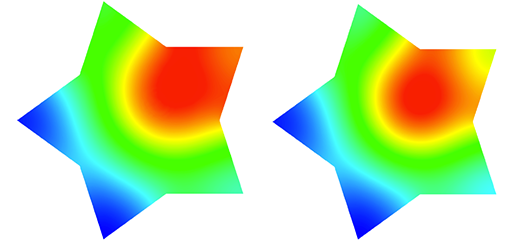
libROM
libROM is a library designed to facilitate Proper Orthogonal Decomposition (POD) based Reduced Order Modeling (ROM).

Floating Point Compression
High-precision numerical data from computer simulations, observations, and experiments is often represented in floating point and can easily reach terabytes to petabytes of storage.

Angeline Lee
Angeline Lee simultaneously serves as a group leader, contributes to programmatic projects, and studies for her bachelor’s degree.
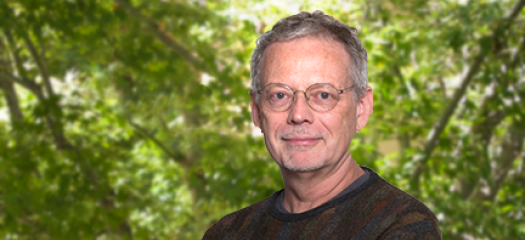
Kevin McLoughlin
Kevin McLoughlin has always been fascinated by the intersection of computing and biology. His LLNL career encompasses award-winning microbial detection technology, a COVID-19 antiviral drug design…
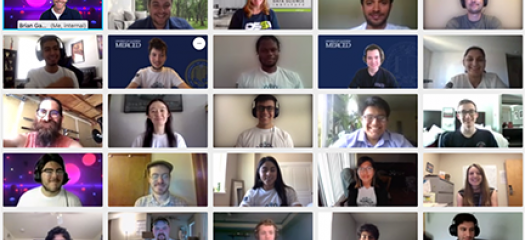
Brian Gallagher
Brian Gallagher works on applications of machine learning for a variety of science and national security questions. He’s also a group leader, student mentor, and the new director of LLNL’s Data…
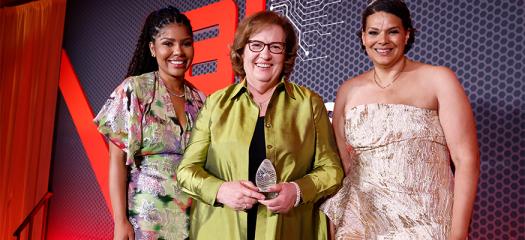
LLNL Deputy Director Pat Falcone receives inaugural AI Honors in Public Science Award
Organizers praised Falcone's “extraordinary leadership in driving research directions to advance science and technology at one of America's most vital research institutions.”

LLNL, Amazon partner on groundbreaking AI integration at the National Ignition Facility
LLNL and Amazon Web Services are partnering to leverage the power of AI to enhance operations at the National Ignition Facility.
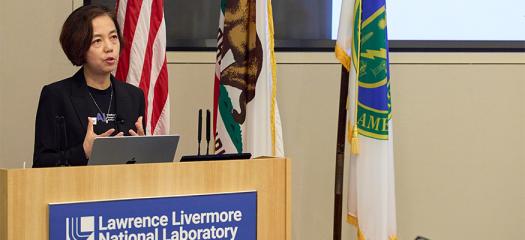
Stanford professor discusses future of visually intelligent machines and human-AI collaboration
Stanford University professor and AI visionary Fei-Fei Li went beyond technical milestones from her two-decade career into her philosophy of intelligence, ranging from the evolution of vision in the Cambrian Age to modern-day “robot cousins” that can see and assist humans in everyday menial tasks.
